An Interview with Yoga Democracy
(Makers of Hand-Printed, Recycled Fabric Yoga Apparel – USA-Made)
My name’s Natalie Oldroyd, and I’m the Founder & CEO of Yoga Democracy.
What inspired the creation of your company, and when did it start?
What is your brand’s mission, and what causes drive you and your team?
How is your brand socially responsible?
What does your brand do to lower its ecological impact and/or promote environmental health and well-being?
Does your company perform animal testing and/or use animal-based ingredients in your products? Why or why not?
Where does your company make/manufacture your products, and why?
Describe your design philosophy – how do you balance quality and affordability?
Tell us a little about the ingredients/materials you use. Generally, why did you pick them over other options?
What are the next steps for your company?
How do you view the future of conscious consumption?
We use the catch phrase, “Made by Free Range Humans”. In the food industry, we’re understanding better the advantages of organic, free range, grass fed, etc. We’ve come a long way since the 1980’s and 1970’s in terms of being aware of how our food is produced. In the garment and textile industry, we’re at the equivalent stage of eating fruit roll ups for breakfast and thinking Diet Coke is healthy for us because it has aspartame rather than sugar. I think we’re at the very early stages of awareness, and I think we’ll start — increasingly — to ask questions of the brands we support and how they behave when we’re not looking.
As a parting sentiment, if you could only use one word to describe your brand ethos – what would it be?
Have a question? I’ll answer.
The People. The Brands.
Hippie Soulstice: Everyday Eco Ethical Fashion, Handmade w/ Upcycled Fabrics
An Interview with Aesthetic Content
We interviewed Patrick, Founder of Aesthetic Content, to learn how his company crafts their minimalist, sustainable decor, and to hear how sustainability and design can work together harmoniously.
Minimalist Decor, For Any Modern Living or Bedroom (Sustainable Cork)
A Few New & Popular Yoga Essentials: Eco Friendly & Ethically Made
4 Eco Ethical Fashion Basics: Trendy, New Holiday Gifts by Anchal
Green Kitchen Makeover: 4 Best Eco Friendly, Bamboo Kitchen Utensils
Get on the list.













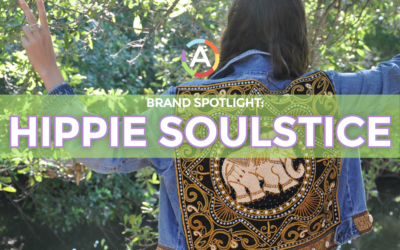
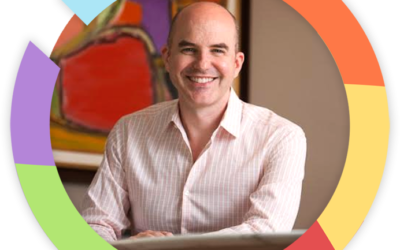

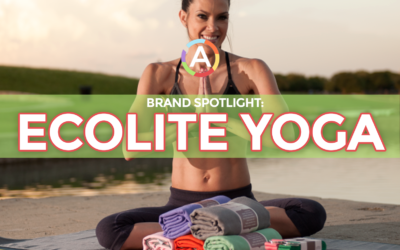
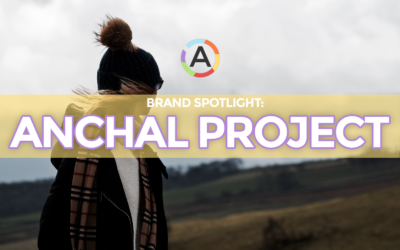
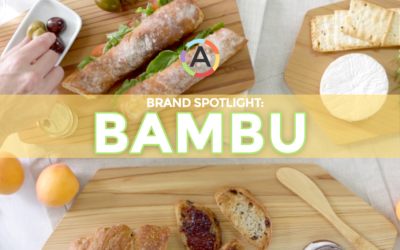

0 Comments